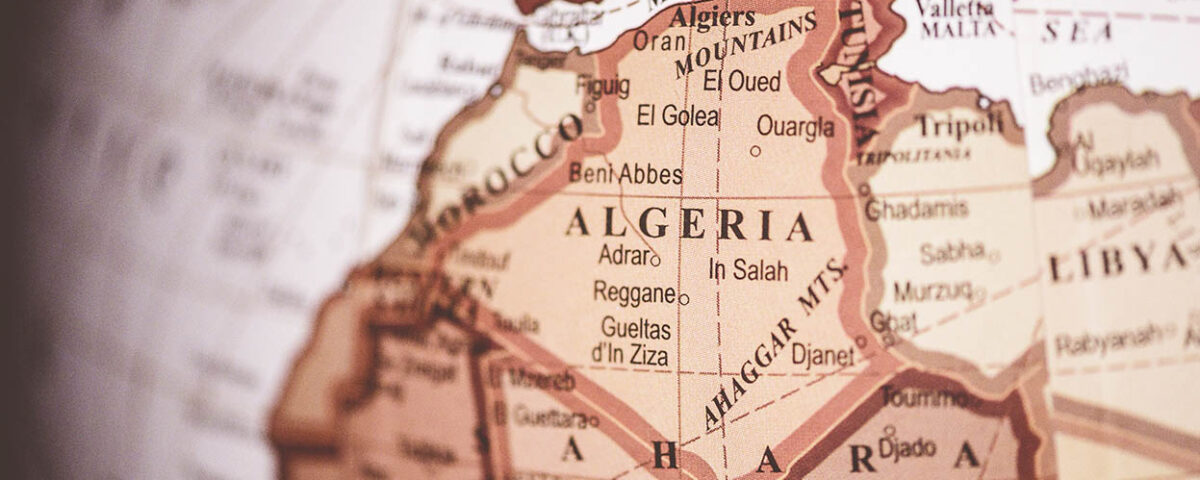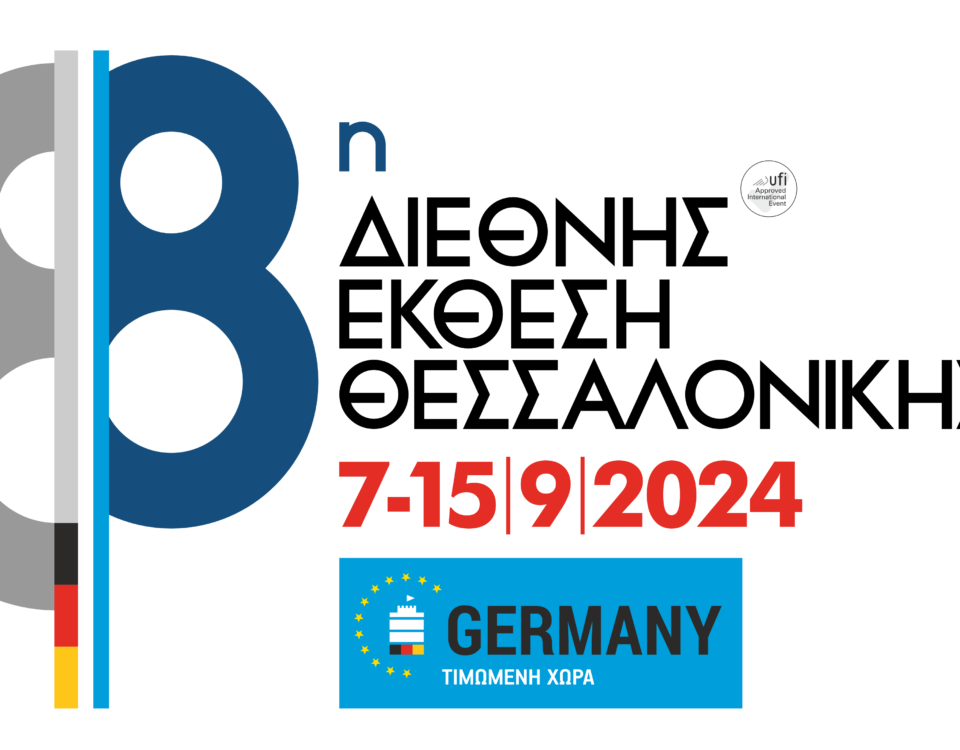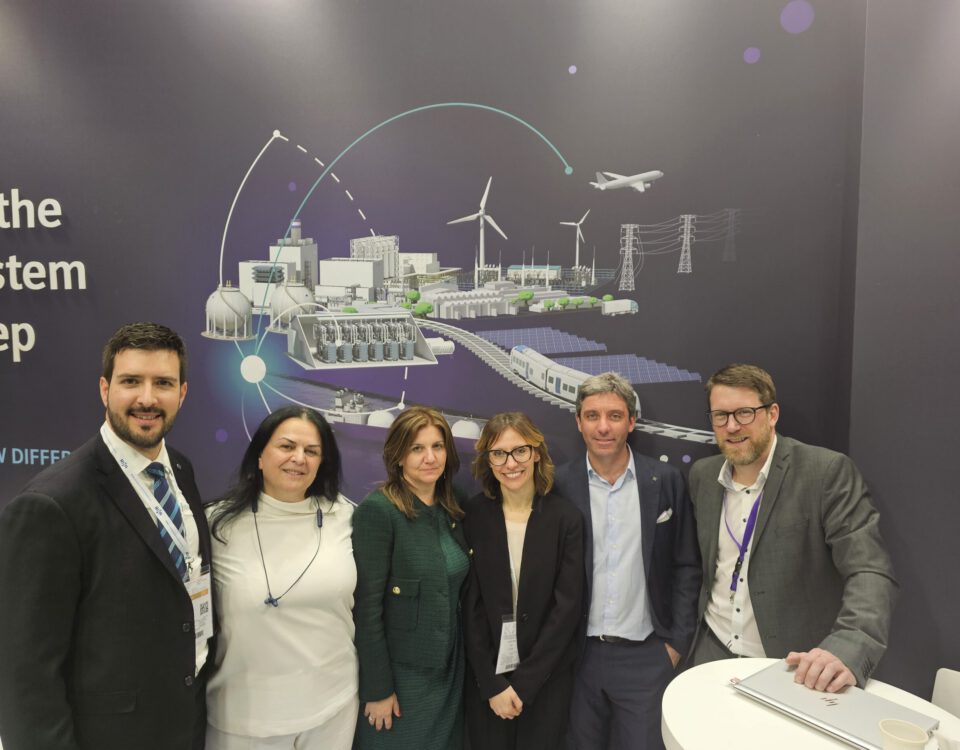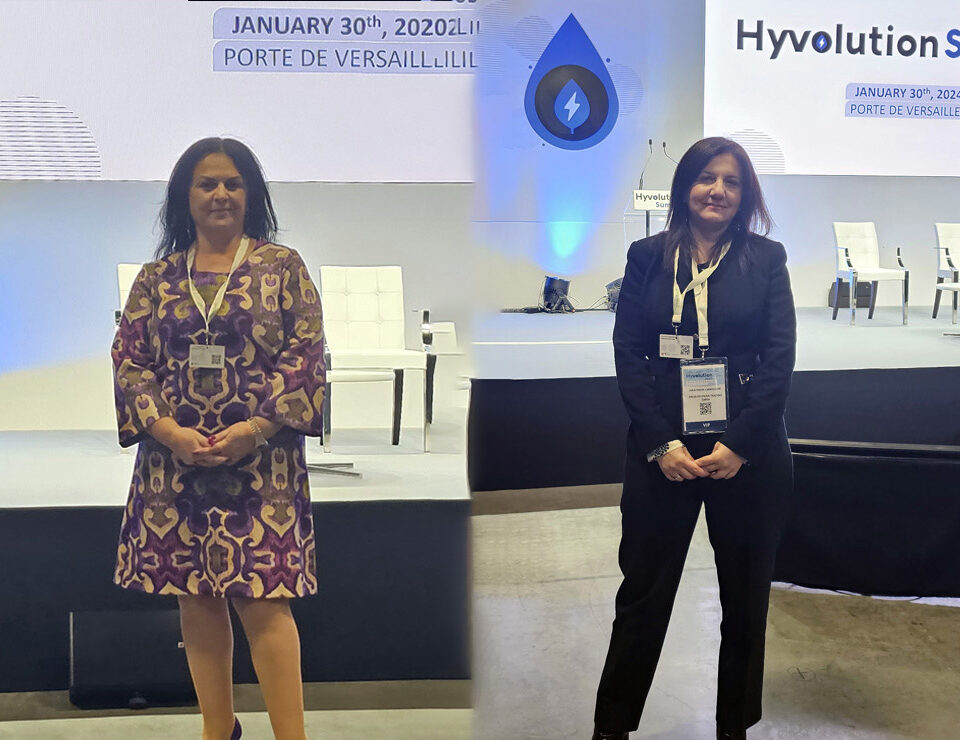H2 is cornerstone of EU’s Renewable Energy Directive
April 2, 2023
Commission approves €450m Italian renewable H2 support scheme
April 4, 2023Algeria is the latest country to join the hydrogen race as it has come up with a national hydrogen roadmap that will see the North African state produce blue and green hydrogen for export over the Mediterranean Sea towards Europe, but it will have to battle Morocco when it comes to close proximity trading and the short shipping costs, or lack thereof.
We are long past the question of why hydrogen and are already discussing about how fast. This was the undertone of the latest Reuters Hydrogen Conference in Amsterdam from where Rethink is reporting. The hydrogen industry is on the verge of an exponential ramp up and Europe is trying to secure a leading position.
Europe has been struggling to move towards energy security but has been thrown into the deep end in 2022 when the conflict between Russia and Ukraine kicked off. Natural gas imports from Qatar and Australia combined with a mild winter saw the continent manage to stay afloat thus far while deals with Canada and various African countries for the import of green hydrogen as well as making use of wind speed resources in the North and Baltic Seas are just some of the plans that Europe is placing all its bets on in order to improve its situation.
When it comes to clean hydrogen, Europe has a production target of 10 MMTA (million metric tons per annum) and an import target of another 10 MMTA by 2030. This is where Africa comes into play. Electrolysis plants producing green hydrogen backed up by wind and solar farms are a huge prospect in Africa because of the high wind speeds and generous solar irradiance present in the area. This allows such renewables to generate more clean electricity and thus sell it for cheaper rates. All this circles around to a lower operating cost for hydrogen producers and thus a lower price for the green gas. The relative proximity to Europe has made the likes of Morocco, Egypt and now Algeria preferred destinations for green hydrogen production as the cost of transportation can represent more than 60% of the final cost depending on location.
Egypt has already seen huge amounts of money being promised for a multitude of projects around the Suez Canal and so it can consider itself as a leader in Africa but there will be more demand to satisfy.
Algeria wants to supply 10% of the European hydrogen demand (2 MMTA) from 2040 and it will focus on both green and blue hydrogen. The former is an obvious choice, but the reason Algeria will want to explore blue hydrogen production from steam methane reforming combined with carbon capture and storage is due to the fact that the country has the tenth-largest natural gas reserve in the world.
One option of transportation for North African countries is via a pipeline located under the Mediterranean Sea much like Russia used to transport natural gas through the Baltic Sea towards Western and Central Europe.
Italian pipeline operator, Snam, announced only a few days ago that it wants to supply Germany and Austria with 1.7 MMTA of green hydrogen from North Africa by 2030. The South H2 Corridor which is operated by a consortium of companies, will run from Tunisia and Algeria all the way to Bavaria through Italy and Austria. Snam also wants to start using more and more of its existing pipeline network for hydrogen distribution as it claims that 70% of the network is capable of meeting the unique technical challenges that hydrogen might pose (like a higher susceptibility to leaks due to the smaller size of the hydrogen molecule compared to methane). Algeria is no stranger to sending gas via pipeline to Italy and Spain as has been done so with natural gas for a while now. It’s hydrogen roadmap includes a start-up phase (2023-2030) for pilot projects, an expansion stage (2030-2040) and an industrialisation stage (2040-2050).
Morocco will not want to miss out on this opportunity but it will have to stop thinking about nuclear and invest more into wind and solar farms otherwise Algeria will come and take this chance and make the best out of it. There have been talks between Morocco and Russia for the development of nuclear power but it is unclear if these plans can still go ahead or whether Morocco still wants them to go ahead given the social and political turmoil surrounding Russia.




